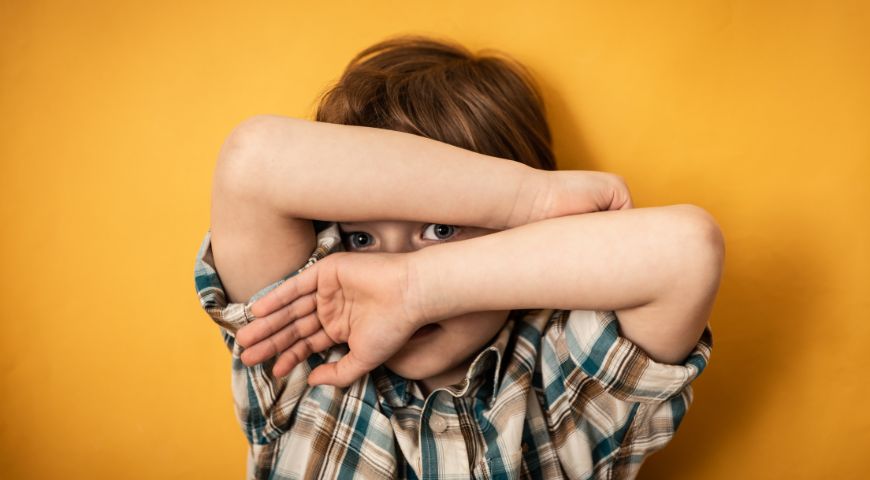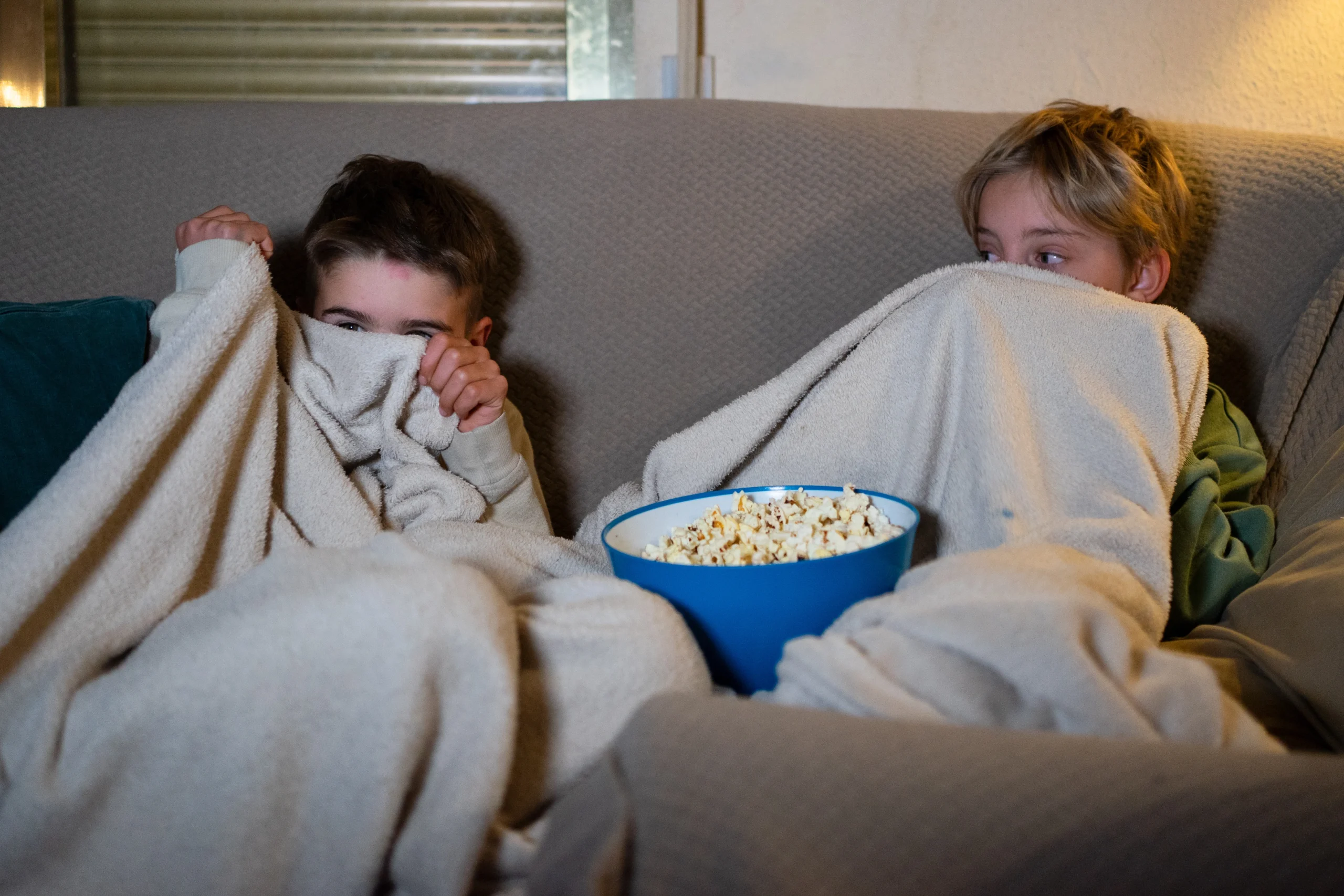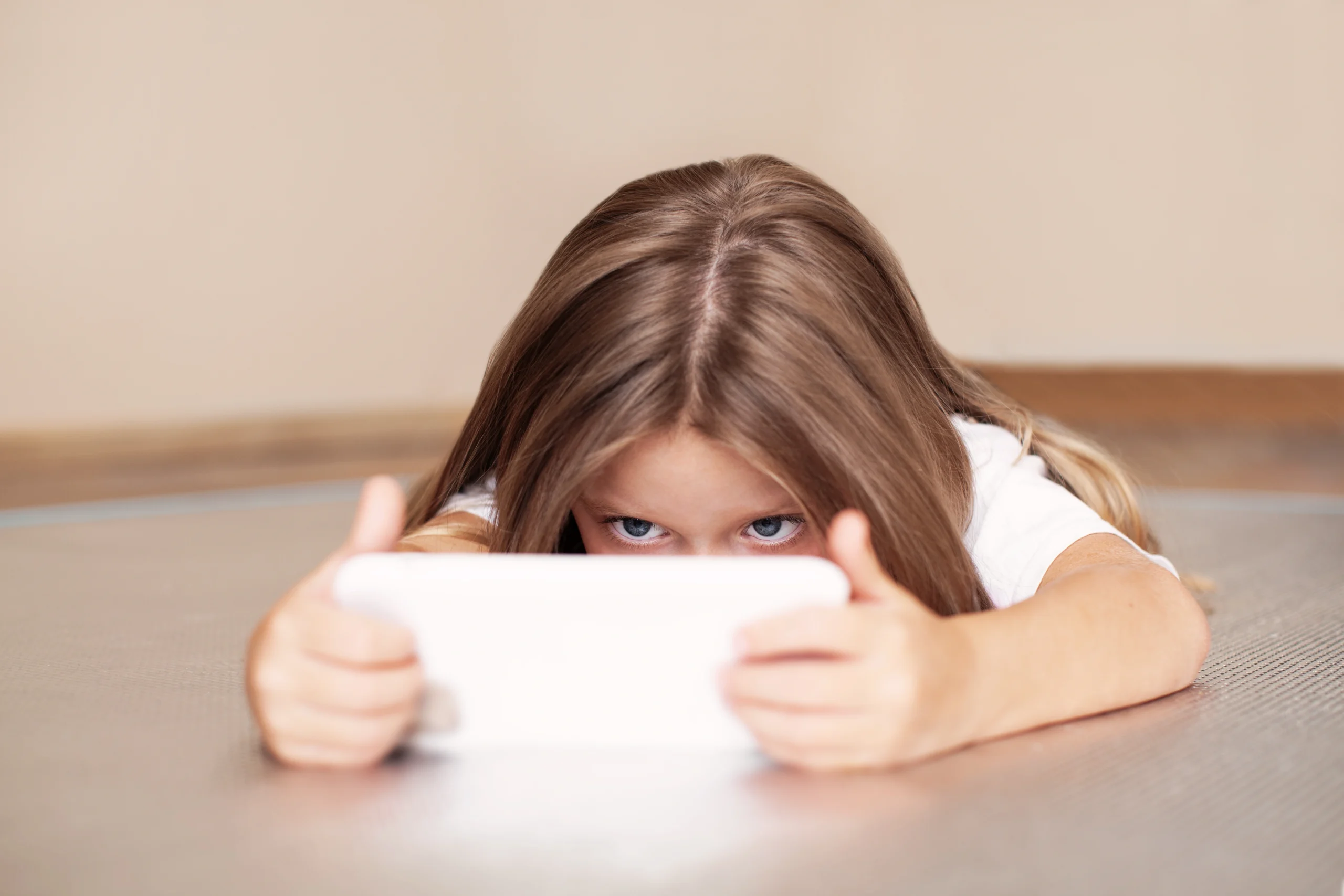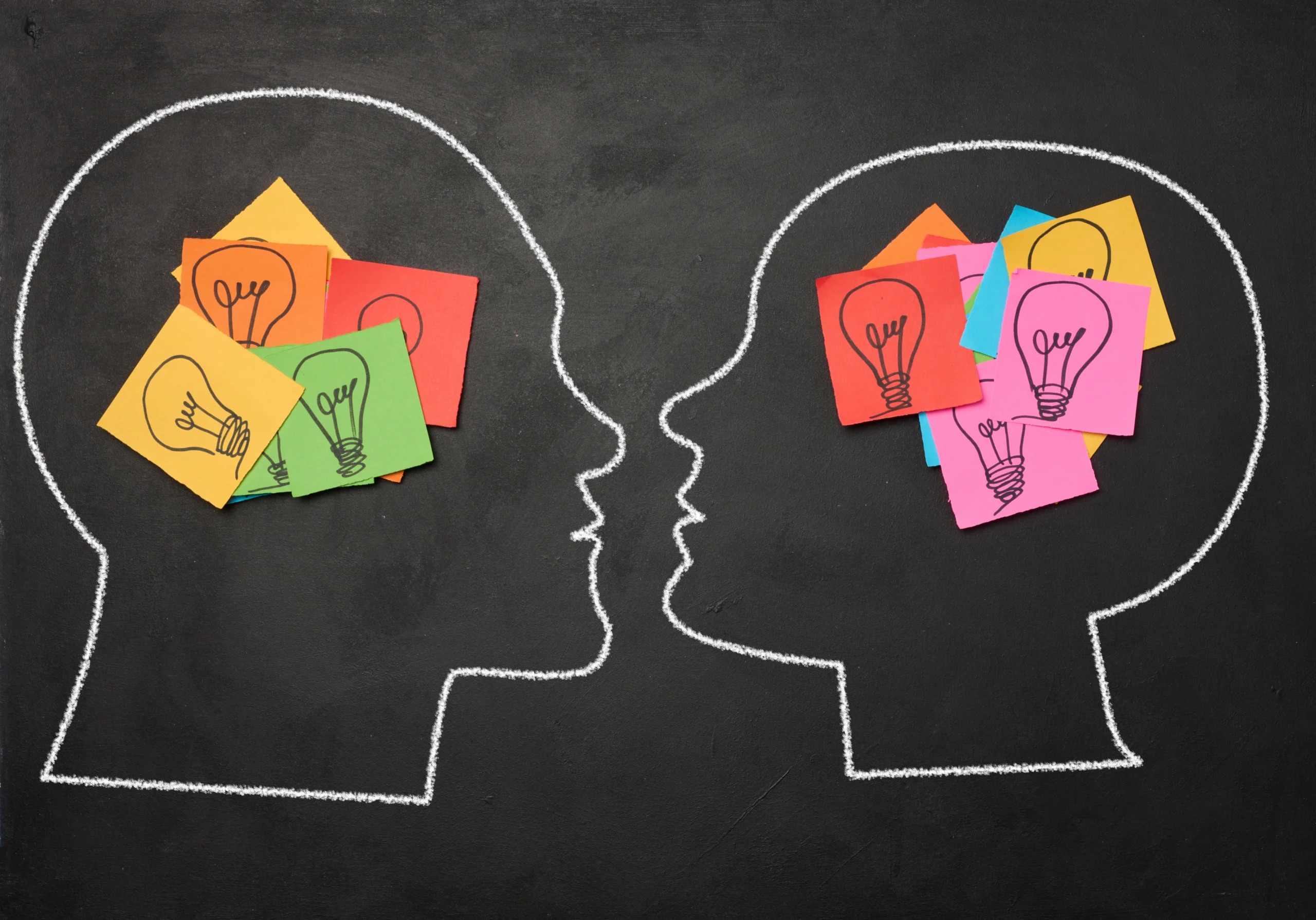As a child counselor in Mumbai, I’ve seen firsthand how anxiety can affect children at a young age. Childhood should be a time of joy, learning, and exploration, but for some children, anxiety can take over, making everyday situations feel overwhelming. Recognizing the early signs of childhood anxiety is crucial because early intervention can make a world of difference in a child’s life.
Anxiety in children is not always easy to detect. Kids often lack the vocabulary to express their emotions clearly, and their distress might manifest in ways that seem like typical childhood behavior. However, as a therapist in Mumbai, I’ve come to recognize key indicators that parents and caregivers should be aware of. Here’s what to look for and when to seek help.
Common Signs of Childhood Anxiety
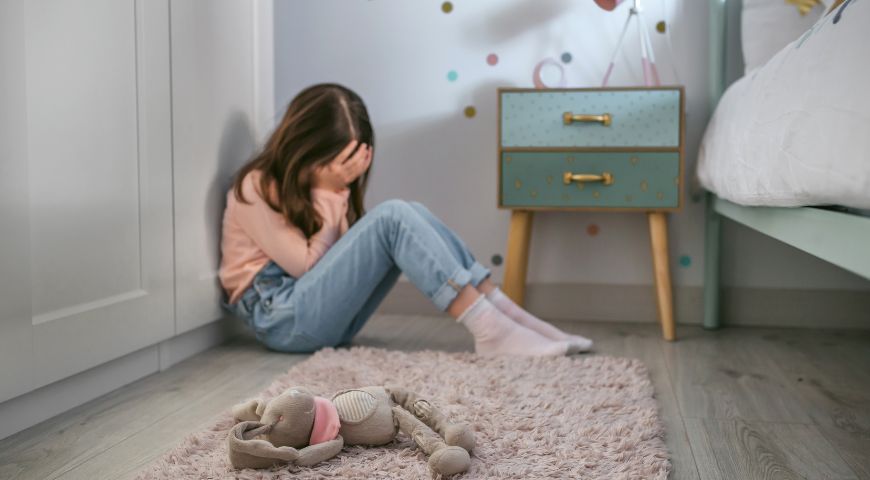
Children may experience anxiety in different forms, and it’s essential to understand that not every child will exhibit the same symptoms. Here are some of the common signs I look for in my practice:
Excessive Worrying
It’s normal for children to worry about things from time to time, but excessive worrying about everyday situations could be a sign of anxiety. If your child is constantly fretting about things like school performance, friendships, or even safety, this may be an early warning sign.
Physical Complaints
Children often express anxiety physically. Complaints about stomachaches, headaches, or feeling tired are common in anxious kids. If these physical symptoms persist without a clear medical cause, anxiety could be the underlying issue.
Avoidance of Certain Situations
If your child is frequently avoiding situations like going to school, attending social events, or participating in activities they used to enjoy, it may be due to anxiety. Avoidance is a typical coping mechanism for children who feel overwhelmed by these situations.
Sleep Issues
Anxiety can disrupt sleep, leading to trouble falling asleep or staying asleep. If your child is struggling with nightmares or is afraid to sleep alone, this could be linked to anxiety.
Irritability and Restlessness
Anxious children often have trouble sitting still or may become easily irritated. They may appear restless, fidgety, or have difficulty concentrating on tasks.
When to Seek Help
While it’s normal for children to experience occasional worry or fear, persistent anxiety can interfere with their daily lives and development. If you notice that your child is consistently displaying any of the symptoms mentioned above, it may be time to seek help from a child counselor.
Early intervention is crucial. As a therapist in Mumbai, I’ve worked with many children who have struggled with anxiety, and the earlier we can address it, the better. Therapy can help children learn healthy coping mechanisms and provide them with the tools they need to manage their anxiety throughout life.
Understanding Anxiety in Children
Anxiety in children can stem from a variety of factors, including family stress, changes in environment, or even genetic predisposition. Sometimes, it can be challenging for parents to distinguish between normal childhood fears and more severe anxiety disorders. That’s why it can be helpful to use a depression and anxiety test designed for children. These tests provide insights into whether your child’s symptoms align with those of an anxiety disorder or depression.
In my practice, I use these tests as part of the diagnostic process. They help provide a clearer picture of the challenges a child is facing and guide us in creating a tailored treatment plan. The test results, combined with my assessment, ensure that we address the root cause of your child’s anxiety and offer the right level of support.
How Therapy Can Help
As an experienced psychologist in India, I specialize in child therapy and work with children facing anxiety, depression, and other emotional challenges. Therapy provides a safe space for children to express their feelings, learn coping strategies, and understand the sources of their anxiety.
In therapy sessions, I often use Cognitive Behavioural Therapy (CBT), a proven method to help children reframe negative thoughts and develop a more positive approach to their fears. For younger children, therapy may also include play-based techniques, which allow them to express emotions they may not yet have the words for.
The Role of Parents and Caregivers
As a parent or caregiver, it’s essential to stay involved in your child’s mental health journey. Children need reassurance that they are not alone in their struggles. When I work with children, I often involve parents in the therapy process, offering guidance on how to best support their child at home.
If you notice your child is struggling, don’t hesitate to seek help. Childhood anxiety is treatable, and with the right support, your child can thrive. If you’re unsure about your child’s symptoms, taking a depression and anxiety test can be a good first step. Remember, early recognition and intervention are key to helping your child overcome their anxiety and develop healthy emotional habits.
As a child counselor in Mumbai, I’m here to provide the guidance and support your child needs. Together, we can help them manage their anxiety and navigate their childhood with confidence and ease.
